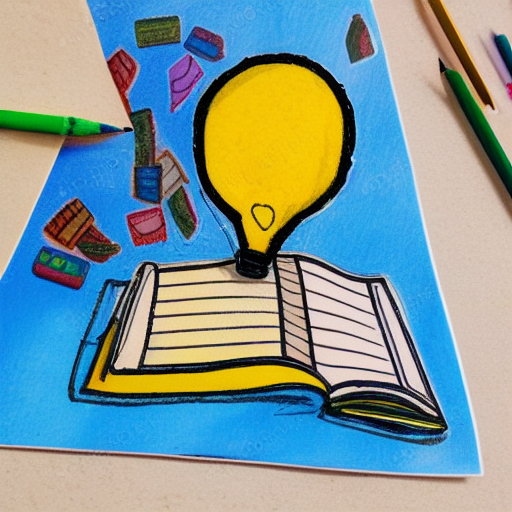Pen and Culture: The Intricate Dance of Writing and Cultural Influence
Writing is more than just a tool for communication; it is a reflection of our culture and identity. Cultural factors play a significant role in shaping writing practices worldwide, influencing language diversity, setting norms, and establishing rich writing traditions. In this blog post, we will embark on a journey through the fascinating interplay between writing and culture, exploring how our diverse backgrounds and heritage leave an indelible mark on the written word.
Language Diversity: The Rich Tapestry of Words
Language is the vessel through which culture is conveyed, and it profoundly impacts writing practices. The vast array of languages spoken across the globe gives rise to a rich tapestry of writing styles, syntax, and vocabulary. Each language carries its unique cultural nuances and influences how writers express their thoughts and emotions. The subtleties of a language’s structure often reflect the cultural values and beliefs ingrained within a community.
For instance, languages with strong oral traditions may exhibit a more conversational tone in their writing, while languages with elaborate honorifics may showcase inherent respect and politeness in written communication. Embracing linguistic diversity fosters cultural appreciation and opens doors to diverse perspectives in the world of writing.
Cultural Norms: Unwritten Rules of Expression
Culture sets the stage for unwritten rules that govern writing practices. Social norms, values, and beliefs seep into the fabric of written communication, dictating acceptable forms of expression. In some cultures, direct and explicit writing is preferred, while in others, implicit and indirect communication is valued. Understanding these nuances is crucial when writing for diverse audiences or in cross-cultural contexts.
Additionally, cultural norms influence topics considered taboo or sensitive, affecting the breadth of subjects explored in writing. By acknowledging and respecting these cultural norms, writers can foster cross-cultural understanding and appreciation.
Writing Traditions: Echoes of the Past
Writing traditions carry the weight of history and heritage. From ancient scrolls to modern digital platforms, the way we record and preserve knowledge has evolved over time, shaped by cultural practices. Ancient civilizations etched their stories on stone tablets or papyrus, while medieval scholars meticulously crafted manuscripts. Today, some cultures continue to uphold calligraphy and handwritten letters as cherished traditions.
Furthermore, certain cultures have revered literary genres or poetic forms that have been passed down through generations. The essence of these traditions persists in contemporary literature, keeping cultural heritage alive through the written word.
Language Revival and Cultural Renaissance
Writing can also be a potent tool in reviving endangered languages and cultures. As languages face the threat of extinction due to globalization, writing plays a crucial role in documenting and preserving the knowledge and traditions of these cultures. By engaging in creative writing, storytelling, and language revitalization efforts, writers can contribute to the renaissance of fading cultures and languages.
Conclusion
Writing and culture are inherently intertwined, influencing each other in a dance of creativity, expression, and identity. Language diversity enriches the tapestry of writing styles, while cultural norms set the boundaries for expression. Writing traditions carry the echoes of the past, connecting us to our cultural heritage.
As writers, we must embrace the beauty of cultural influence and ensure that our words are bridges of understanding and empathy between cultures. By valuing and respecting diverse writing practices, we open doors to a world of shared experiences and collective wisdom. Let us celebrate the marriage of pen and culture, scribing stories that transcend boundaries and unite us in the beauty of human expression.







